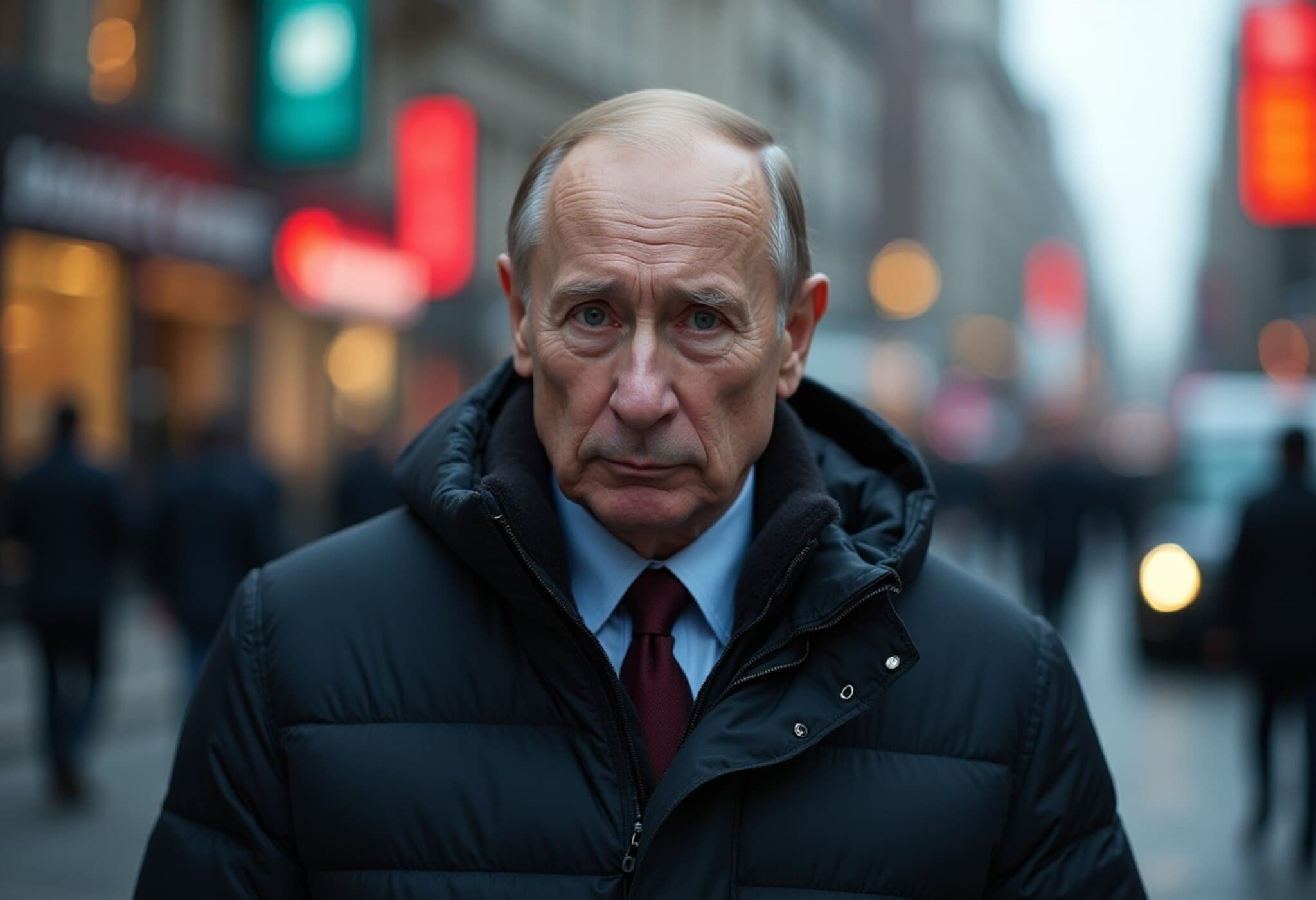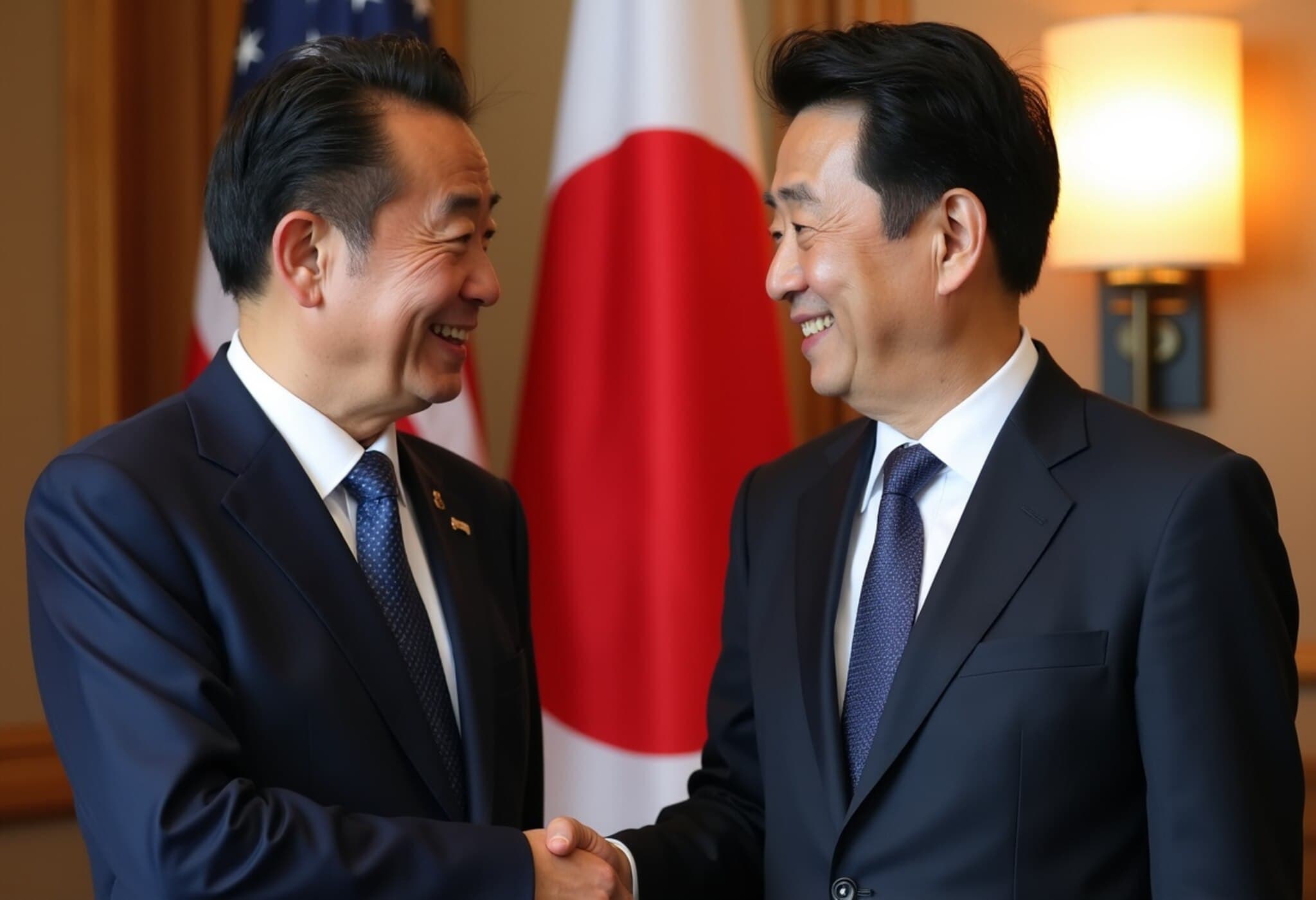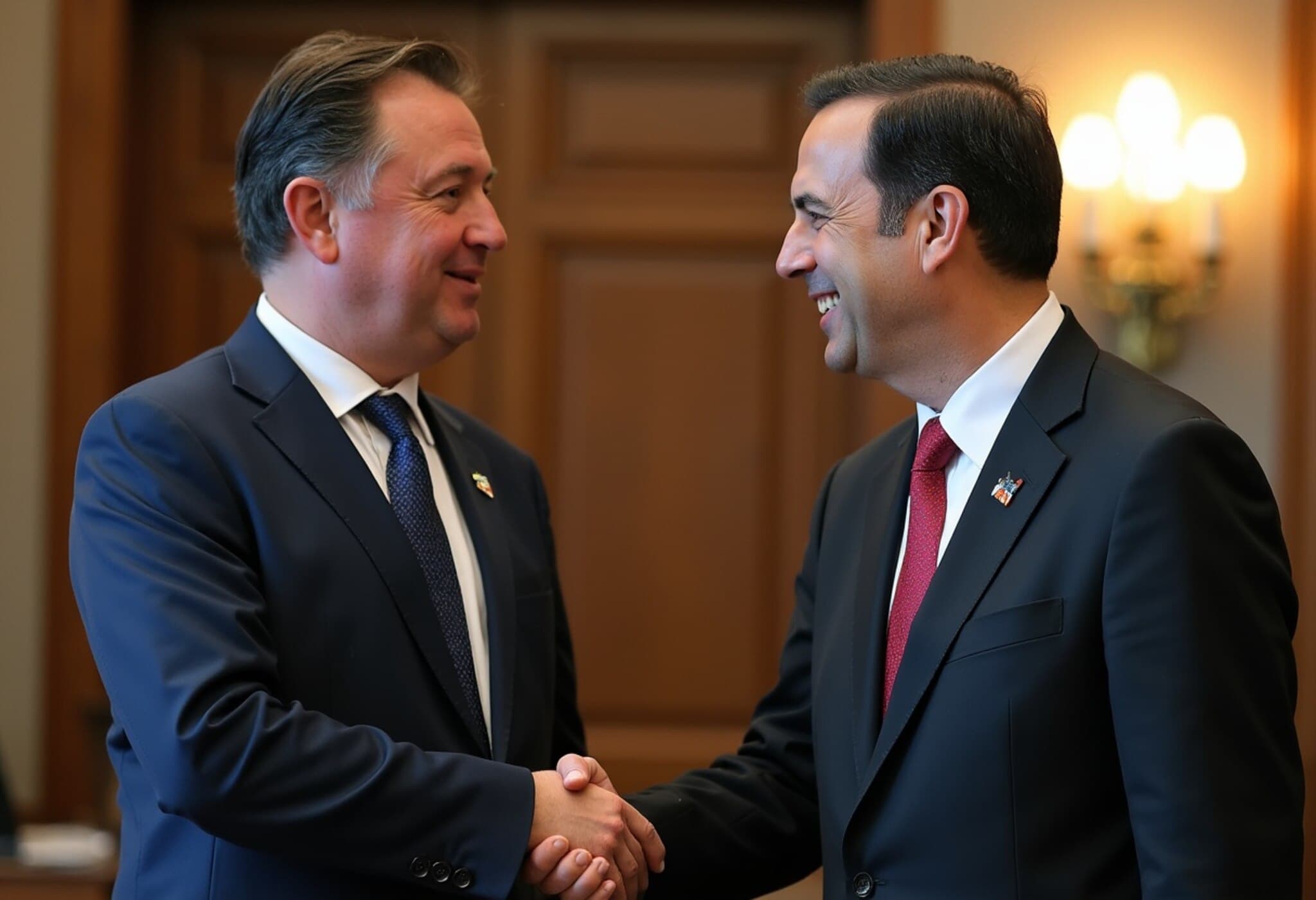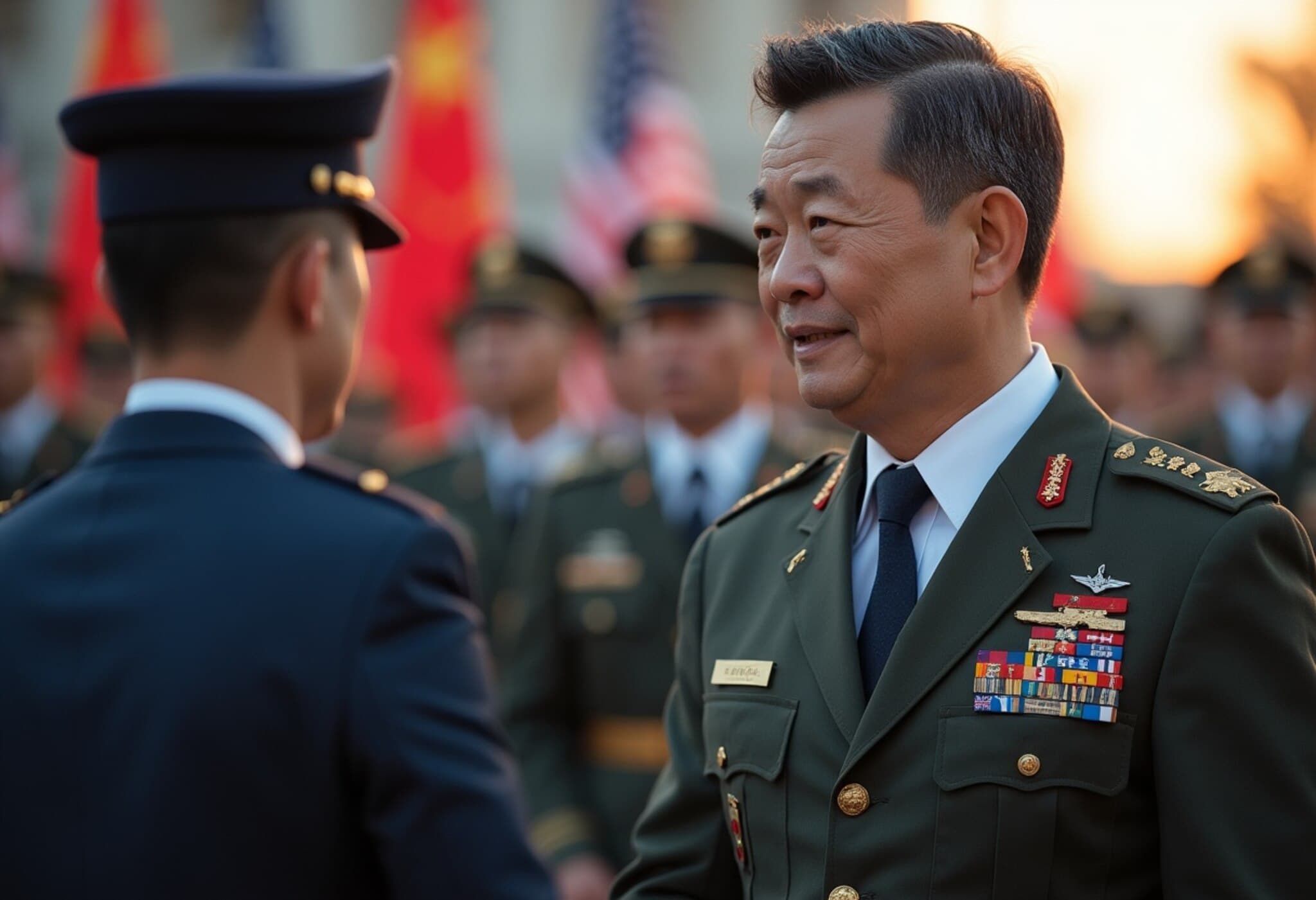UK Government Exposes Russian Spies Linked to Cyberattacks and Assassination Plots
In a bold and rare move, the United Kingdom has publicly named and sanctioned Russian operatives accused of orchestrating a decade-long campaign of cyberattacks, arson, and attempted assassinations. The British Foreign Office revealed that these covert activities culminated in events like the infamous poisoning of Sergei and Yulia Skripal and destructive cyber intrusions targeting European nations.
Unveiling the Shadow War: Spies, Cyberattacks, and Sabotage
The UK government's statement announced sanctions against 18 individuals connected to Russia's military intelligence agency, the GRU, highlighting a persistent and extensive campaign of malicious cyber activities. These include hacking attempts against mobile phones and critical infrastructure, alongside physical attacks such as the nerve agent assault on the Skripals in 2018.
The Skripal incident, which involved the deployment of the nerve agent Novichok on their home’s front door, shocked the world with its brazenness. While both father and daughter survived, the attack caused collateral victims, underscoring the reckless disregard for civilian safety.
EU Joins Forces: Expanding Sanctions Against Russian Cyber Units
The European Union has matched the UK's sanctions by targeting nine individuals and six organizations tied to electronic warfare and hacking efforts. Notably, the GRU’s Unit 26165, formerly identified by Australia’s security agency ASIO as APT28 or Fancy Bear, has been sanctioned for aggressive cyber operations that targeted defense sectors and air traffic management across Europe.
Military Intelligence Role in Ukraine Conflict and Beyond
According to the UK Foreign Office, Unit 26165 conducted reconnaissance missions used to facilitate missile strikes on Ukrainian cities, including the devastating 2022 attack on a Mariupol theater that killed hundreds of civilians. This represents the weaponization of cyber intelligence to support military aggression, blending digital espionage with lethal kinetic operations.
Breaking the Mold: From Covert Operations to Public Accountability
Foreign Secretary David Lammy emphasized the strategic importance of naming and sanctioning these agents. "GRU spies are running a campaign to destabilize Europe, undermine Ukraine's sovereignty and threaten the safety of British citizens," he said, vowing to hold the Kremlin accountable for clandestine aggression.
Linking Cyber and Physical Attacks: The London Arson Case
Amplifying the scope of Russian operations in the UK, authorities convicted five men for a 2024 arson attack on a London warehouse storing supplies for Ukraine, valued at £1 million. Directed by Russia’s Wagner Group through Telegram, this attack involved low-level criminals, illustrating how state-sponsored aggression taps into criminal networks for plausibly deniable operations.
Disinformation Campaigns and Electronic Warfare
The EU further condemned Russian interference through disinformation spread by entities like Tigerweb and social media influencers sympathetic to Moscow’s agenda. Fabricated organizations targeting Western forces aimed to sow distrust and confusion, complicating geopolitical efforts. Additionally, a Russian electronic warfare unit in Kaliningrad reportedly jammed GPS signals, highlighting Russia’s multifaceted approach to hybrid warfare.
Expert Analysis: Implications for Western Security
This unprecedented transparency marks a significant shift in Western counterintelligence efforts. By publicly naming operatives and units, the UK and EU send a clear message deterring future covert operations while strengthening sanctions regimes.
However, experts warn that such moves also risk escalating tensions with Russia, which may retaliate in cyber or unconventional ways. The intertwined use of criminal elements and propaganda networks indicates a complex battlefield where conventional diplomacy has limited reach.
American Context: The tactics mirrored by GRU units resonate with long-standing concerns in U.S. national security circles over foreign interference in democratic processes, critical infrastructure, and military logistics. Cooperation between Western intelligence agencies remains crucial to counteract these persistent threats.
Summary
- UK sanctions 18 Russian intelligence officers for cyberattacks and assassination attempts, including the Skripal nerve agent attack.
- EU follows with sanctions targeting Russian cyber and electronic warfare units responsible for sabotage across Europe.
- Russian hacking groups disrupt Ukrainian defense, European infrastructure, and spread disinformation aimed at destabilizing Western alliances.
- London arson attack linked to Wagner Group demonstrates use of proxy operatives for aggressive state operations.
- Public naming of agents signals a strategic shift toward transparency and accountability in countering hybrid warfare.
Editor's Note
As geopolitical confrontations increasingly unfold in the shadows of cyberspace, the UK and EU’s decision to publicly identify and sanction Russian operatives signals an evolution in how democracies confront covert aggression. This transparency bolsters public understanding and reinforces international norms but also invites pressing questions: How will Russia respond? Can these measures deter future covert attacks, or will they push adversaries toward even more sophisticated hybrid tactics? The full implications for global security and public policy remain to be seen, underscoring the critical need for resilient intelligence-sharing and cyber defense cooperation worldwide.



















